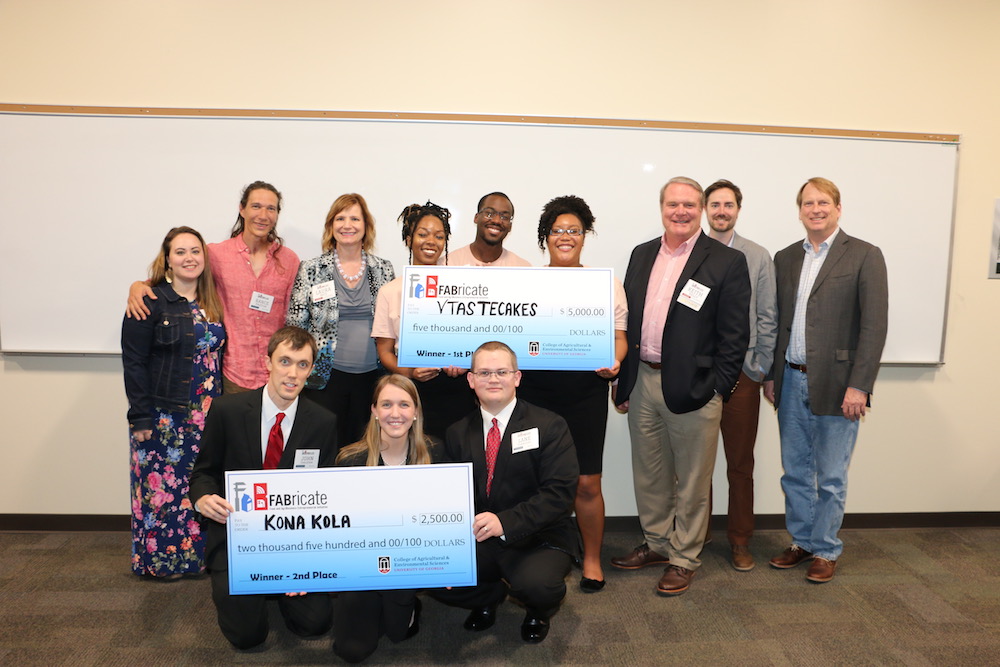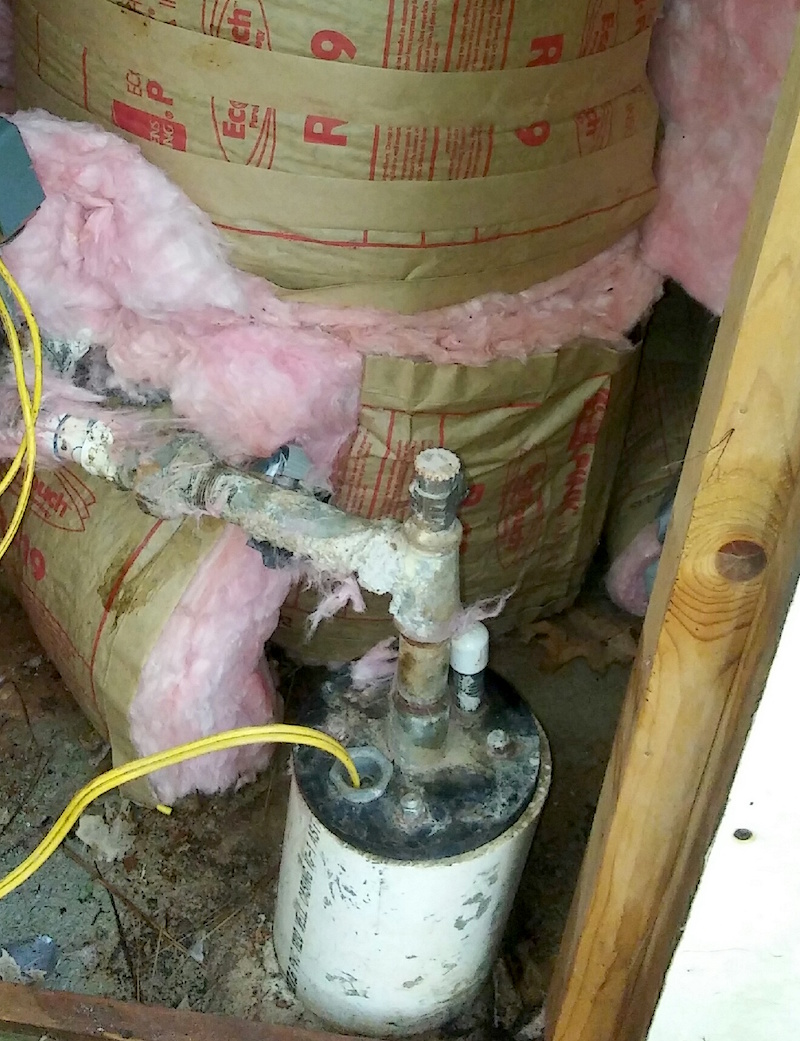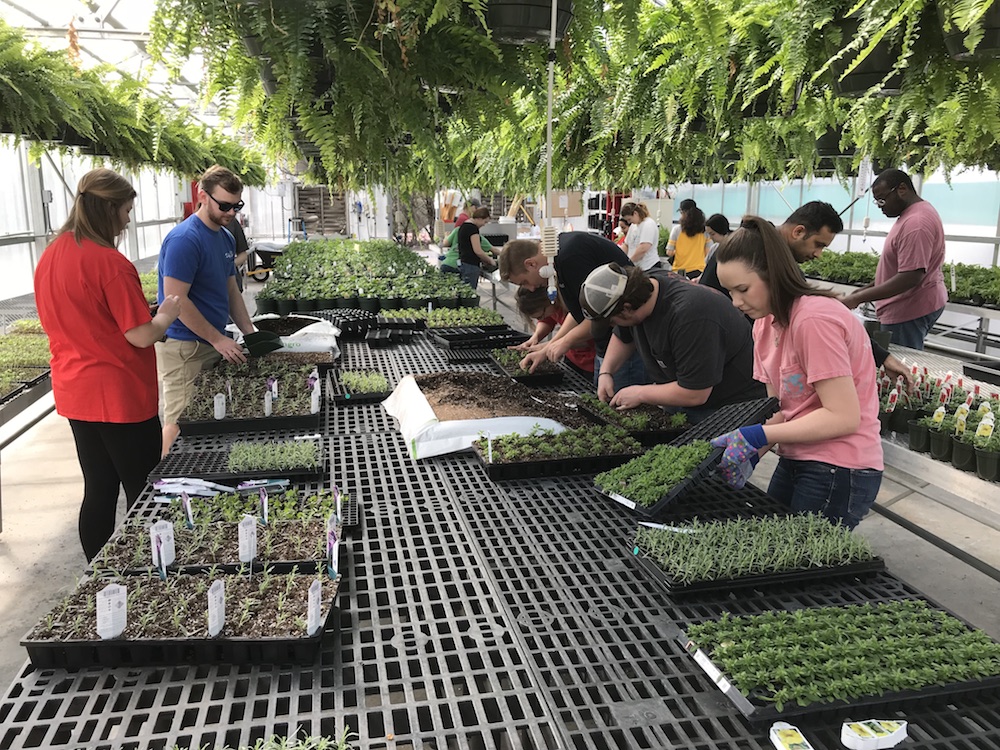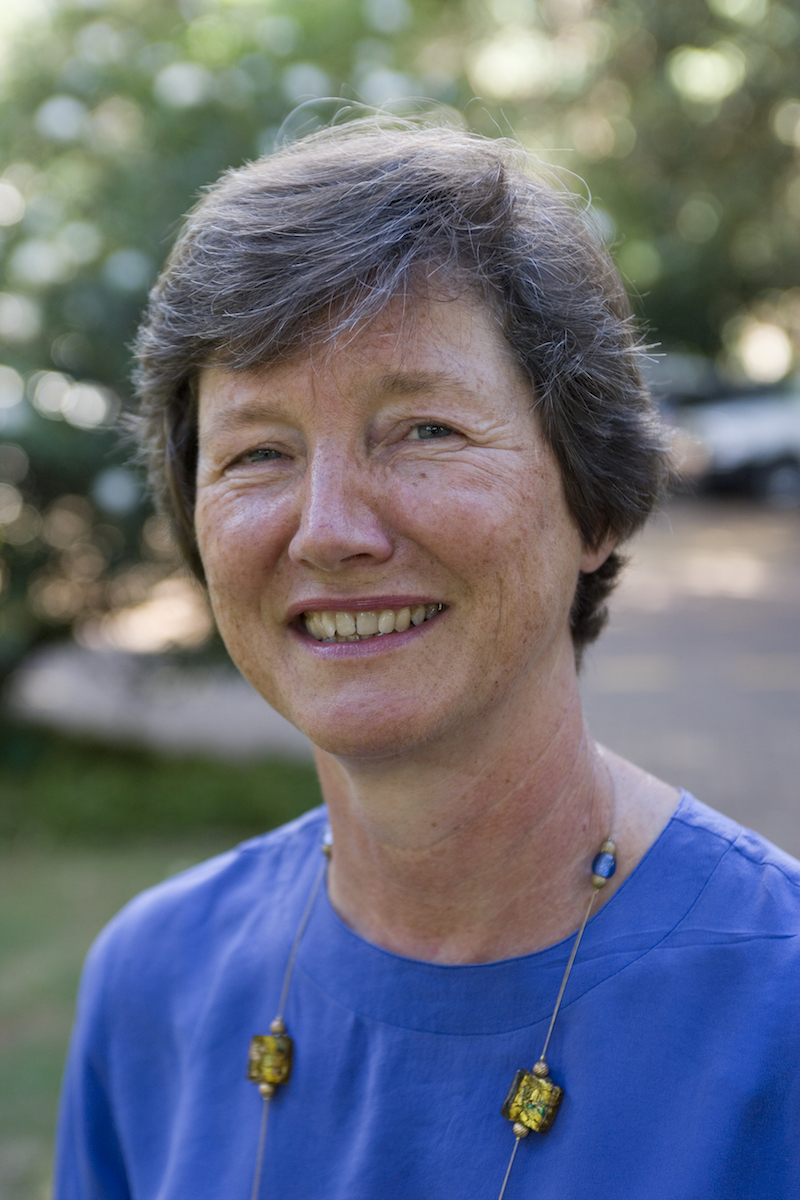 CAES News
CAES News
Future of Food
Dan Barber, chef and national farm-to-table and sustainable food systems advocate, will deliver a lecture, “What Kind of Menu will Meet the Challenges of the Future? Exploring a New Recipe for Good Food from the Ground Up,” at the University of Georgia’s Richard B. Russell Building Special Collections Libraries on Tuesday, April 10.








